![The/Nudge Incubator Announces Cohort 8 : Meet The 15 Early Stage Non-Profits Solving For Poverty Alleviation In India At Scale [Part 1] The/Nudge Incubator Announces Cohort 8 : Meet The 15 Early Stage Non-Profits Solving For Poverty Alleviation In India At Scale [Part 1]](https://thelogicalindian.com/h-upload/2022/01/12/210336-incubator.jpg)
Image Credits: The/Nudge Foundation
The/Nudge Incubator Announces Cohort 8 : Meet The 15 Early Stage Non-Profits Solving For Poverty Alleviation In India At Scale [Part 1]
India, 20 Jan 2022 6:46 AM GMT | Updated 5 Feb 2022 5:49 AM GMT
The/Nudge Incubator launched its cohort 8 enabling 15 non-profits in their mission to alleviate poverty.
When the pandemic struck the world, it reversed the poverty reduction rate that India had achieved over the years in just a snap. The country recorded its lowest economic growth in over a decade, which disproportionately impacted its employment. Many suffered a massive blow due to the unprecedented crisis, eventually pushing them into poverty. The socio-economic impact has been of mammoth proportions, and like other sectors, the development sector too must be disrupted by startups to achieve large-scale poverty alleviation. However, this requires that the development sector is aspirational for more people with problem-solving, intellectual, and professional skills.
Since 2017, The/Nudge Center for Social Innovation, through its product The/Nudge Incubator, has supported 75 talented and committed non-profits to solve some of India's most pressing challenges faced by poverty-stricken sections. It is supported by the Atal Innovation Mission (AIM) - Government of India's flagship initiative to promote a culture of innovation and entrepreneurship in the country. Recently, The/Nudge Incubator, in partnership with CGI India, Meta, Mphasis, Sabre, and Omidyar Network India, launched its cohort 8 enabling 15 non-profits in their mission to alleviate poverty. The cohort 8 selected from over 585 applications (< 3% selectivity), constitutes 60% female founders and works across 9 Indian states on social issues related to education, women livelihood, health, gender, and vulnerable children.
Under the 9-month programme, the 15 non-profits get a grant of up to Rs.15 lakh for every organization, access to mentors from government and the corporate sector who have built solutions at scale, and engagement with a high-performing peer network. Through its programme, The/Nudge Incubator offers a platform for sustainable poverty alleviation through entrepreneurial thinking, technology, and collaboration and a DNA of innovation, speed, and scale.
Here's how a few of the non-profits of Cohort 8 are working towards solving critical social issues in India:
Alokit
There is a learning crisis in India. According to the 2018 Annual Status of Education Report (ASER), 50 percent of grade 5 children can't read a grade 2 textbook. Another 2017 ASER report states that 42 percent of youth (ages 14-18) cannot point out their state on the map of India.
Alokit's vision is to see all children in India learning in high-quality schools led by empowered leaders. To achieve this vision, they support school leaders, Principals / HeadMasters and education officers to improve their leadership practices, school processes and culture. This results in change and improvement of teaching-learning practices, ultimately improving student outcomes.
Alokit provides training and workshops, coaching to ensure effective implementation, and fosters a school leader community. Alokit also aims to partner with the government to co-design programs for school leaders and enable evidence-based policymaking.
EkiBeki
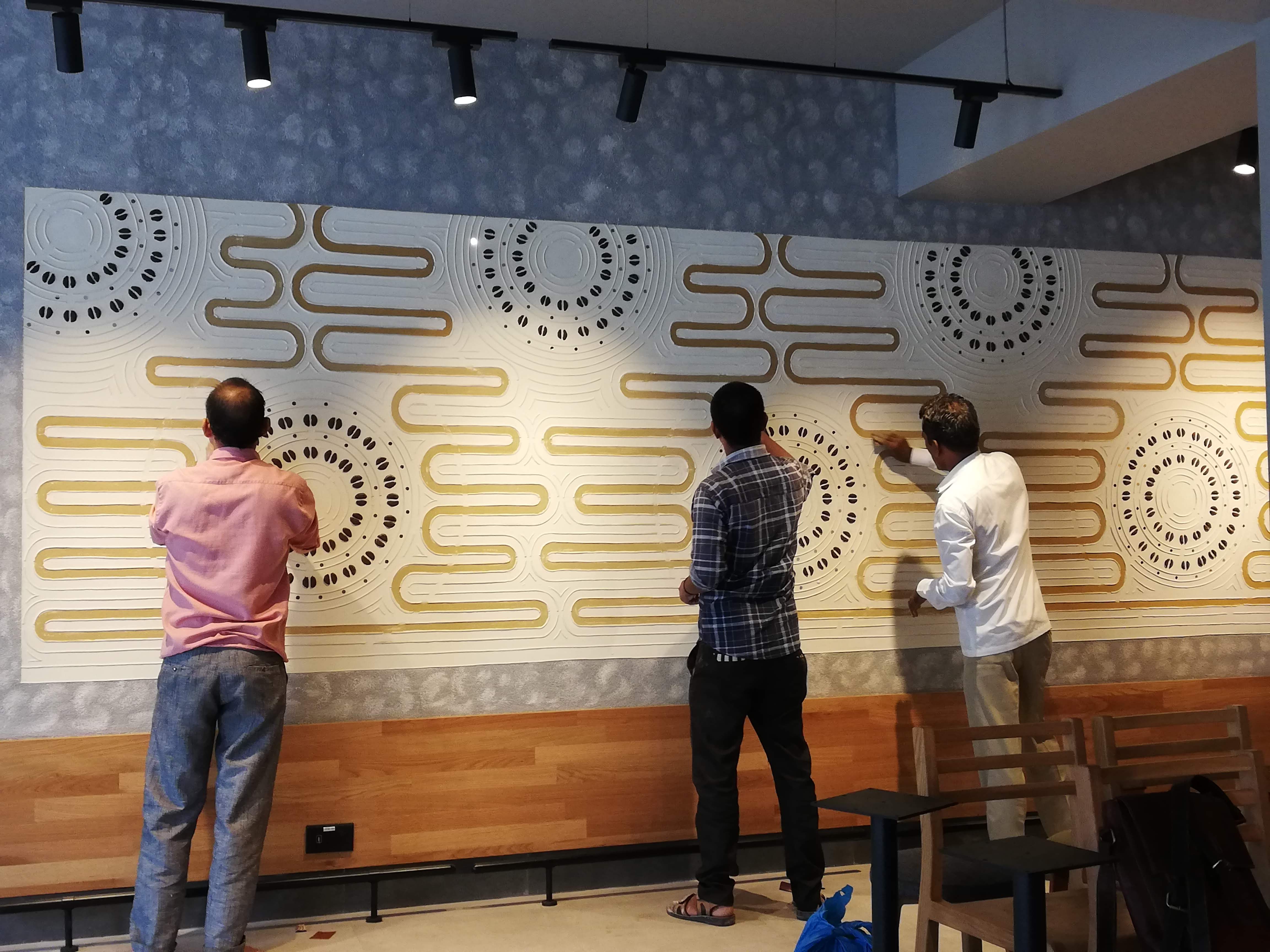
EkiBeki identifies traditional Indian crafts at risk of extinction, focuses on reviving them through design, skills and market interventions, and building autonomous artisan clusters. They build artisan capacity through technical training, design development, manufacturing, market linkages, sales and distribution. They create awareness about the traditional crafts at schools, colleges, corporates and the general public through workshops, and develop contemporary product ranges and new applications with design intervention and market research.
Eklavya Foundation
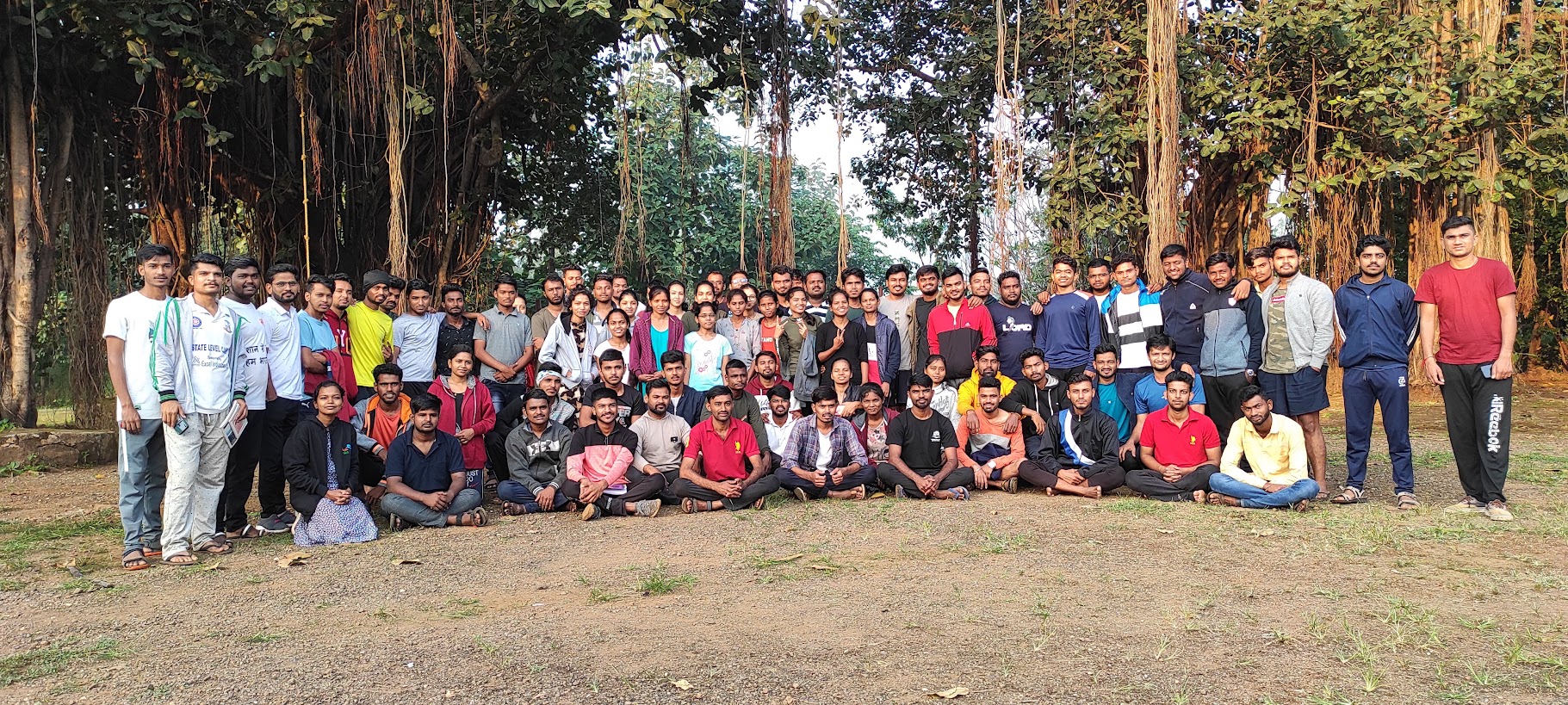
Marginalised and Tribal communities are severely under-represented across premier Higher Education Institutes in India. Less than half of the top 10 universities (as ranked by the National Institute Ranking Framework) have a 22.5 percent representation of SC/STs.
Additionally, the lack of exposure, awareness and access due to their social and economic status, results in the end of aspirations of these communities. Generations of social repression have also dented the confidence and self-belief of youngsters from these communities, limiting their ambition towards higher education.
Eklavya Foundation provides mentorship, training and guidance to first-generation learners from marginalised communities to pursue higher education from premier Higher Education Institutes. Eklavya's long term vision is to build grass-root leadership from marginalised communities.
Esther
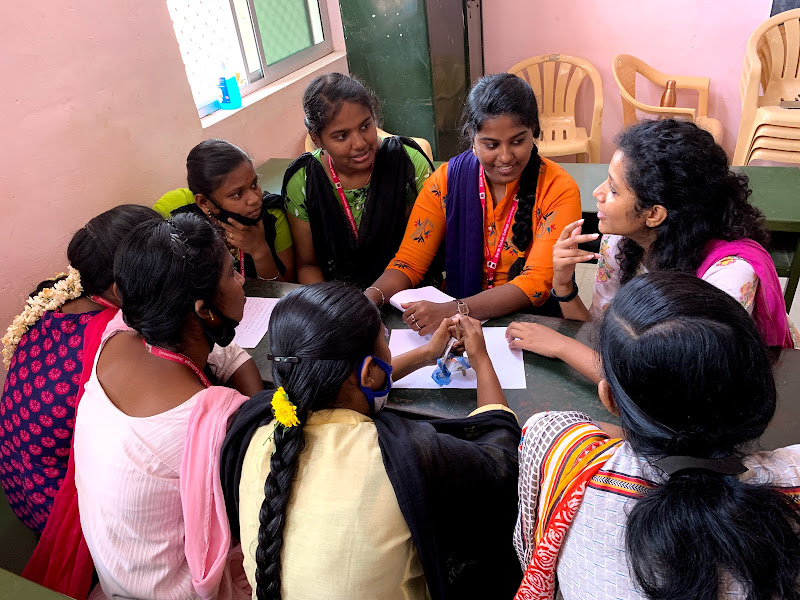
Women graduating from colleges in peri-urban areas (tier 2 and tier 3 cities) are at a disadvantage compared to their peers in urban areas. Peri-urban colleges lack adequate resources, support, and opportunities for women making them less job-ready than their counterparts. Viable employment opportunities are few and far between, in the peri-urban landscape, given the job crisis that India is currently facing. Also, gendered societal pressures and expectations are an additional hurdle that women need to overcome to realise their workforce aspirations.
Esther offers an immersive 5-month program to put women on an accelerated trajectory in their final year of graduation to be workforce ready and streamline their job discovery process. There are four pillars to the program - 21st century + Life skills, career readiness, mentorship and experiential learning. The capstone of their program - culminating in an internship or a project experience.
Sajhe Sapne
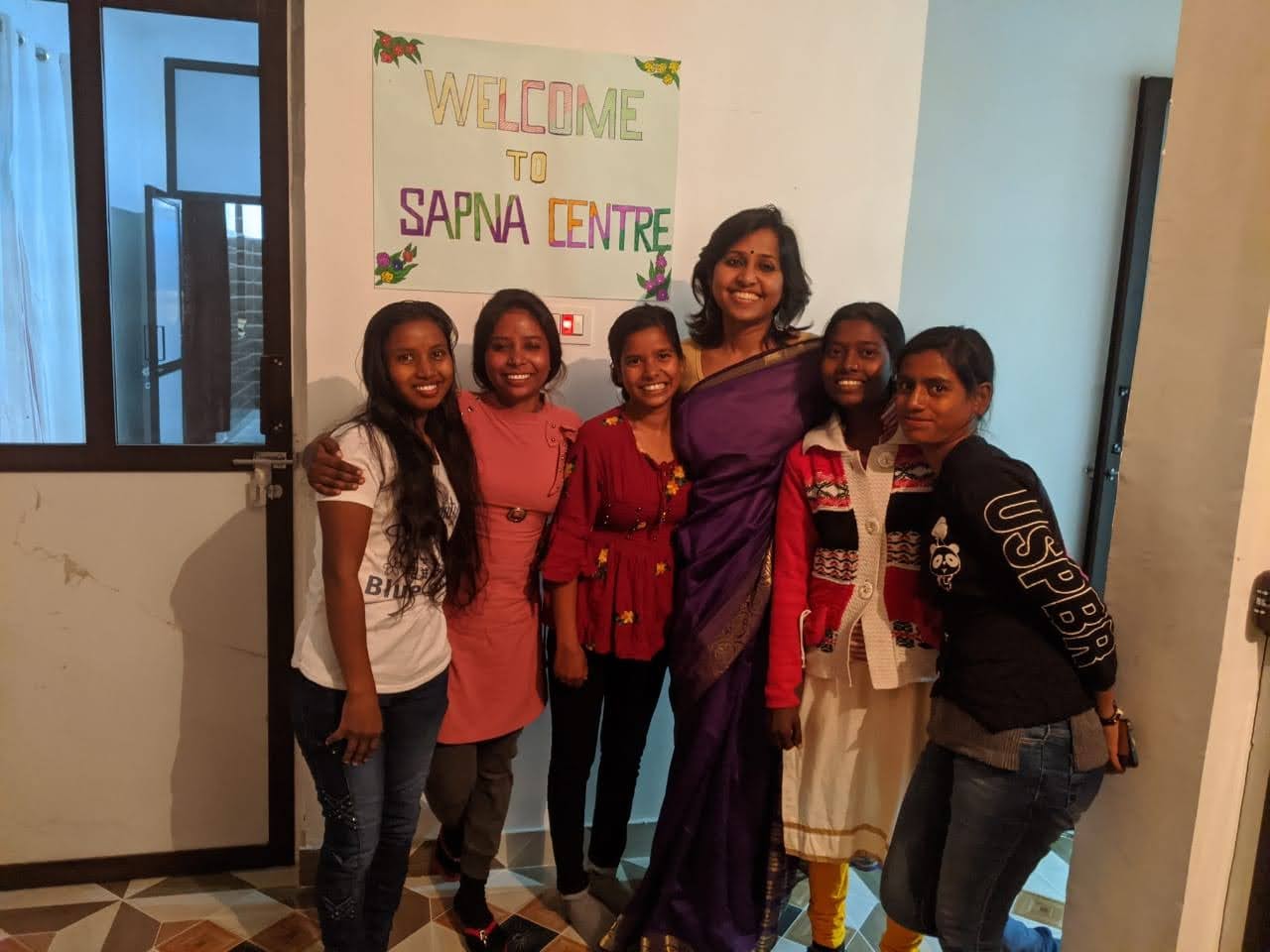
Sajhe Sapne trains women in rural India in year-long career certification courses delivered through residential and day-training centres called Sapna Centers in villages, followed by guaranteed placement. The course curriculum follows four consistent pillars - English Language, Digital Literacy, Career Intelligence, and Specialised Skills - geared at making the students job-ready, such as project management, teaching, local governance, etc., post the course.
The Apprentice Project
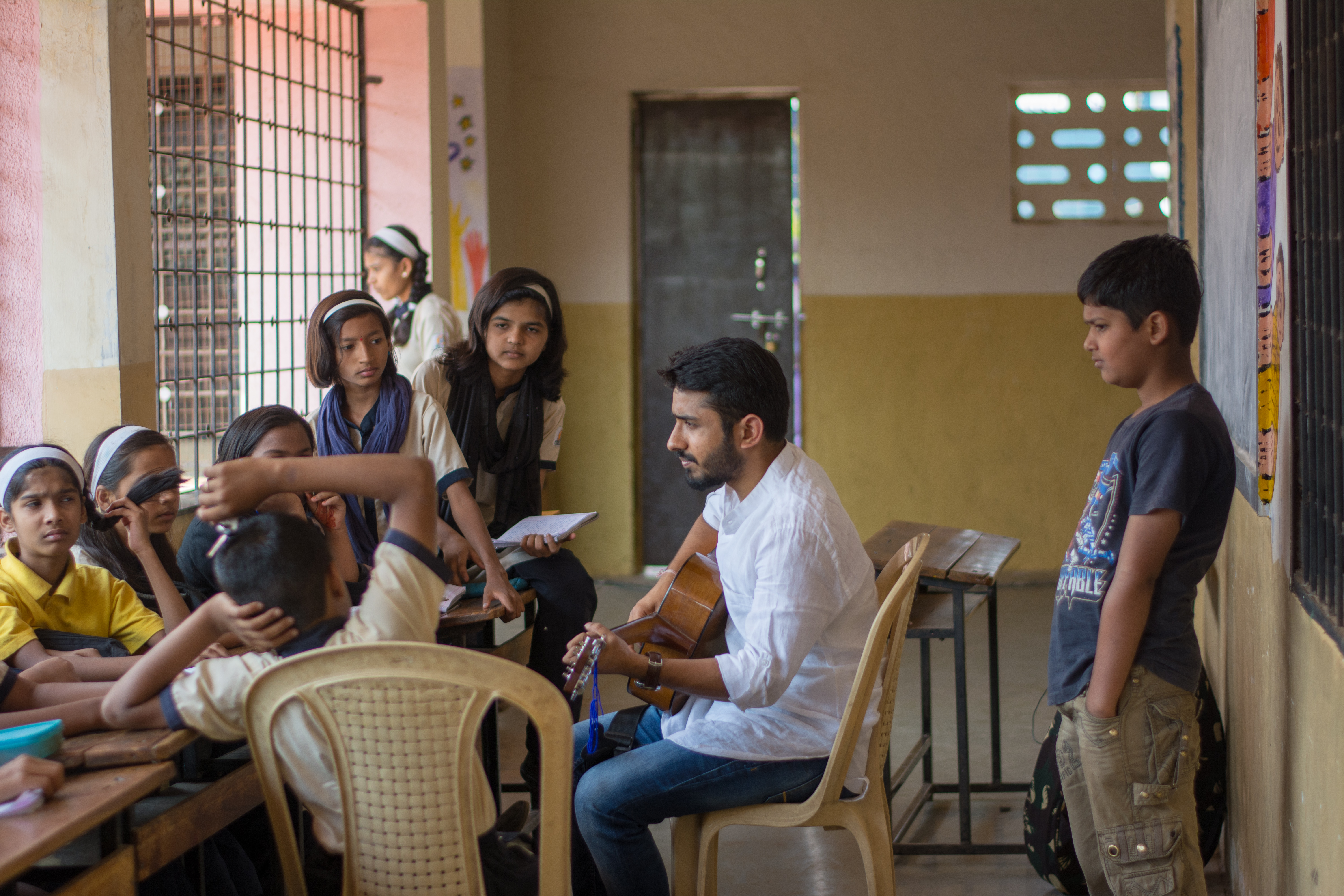
Millions of students from low-income communities in India lack the leadership skills, opportunities and choices to thrive in the 21st century.
The Apprentice Project (TAP) works with underprivileged children to develop social, emotional skills and succeed in the current world. TAP's solution consists of a choice-based curriculum across Coding/ Makerspaces, Visual Arts and Performance Arts delivered via WhatsApp. Through this approach, TAP aims to teach these children essential leadership skills such as - Creativity, Problem Solving, Teamwork, Communication etc.
Waatavaran
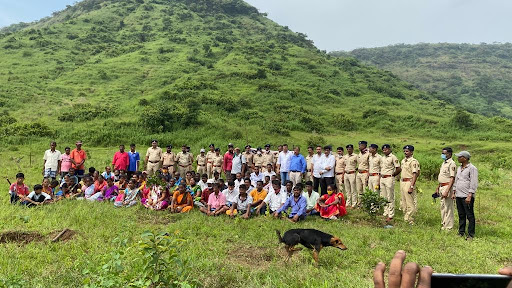
Two hundred million tribals and forest-dwelling communities have traditionally lived in forests and depend on forests for their sustenance. India is home to one of the largest indigenous populations in the world. However, the lack of formal records of their ancestral lands, low literacy levels, poverty, lack of technical and leadership skills result in landlessness.
Waatavaran secures the ownership of tribals' ancestral land using the Forest Rights Act, 2006, which gives forest-dwelling communities rights over the land they have lived on for decades. To generate evidence for land claims, Waatavaran uses GIS-based mapping technology.
Waatavaran also empowers tribals through mobilization, training and teaching natural resources management and sustainable livelihood practices. Alongside, they work with local government bodies and Gram Sabhas to enable the management of common land.
With the pandemic's continued impact, India has been set back by a decade or more in the war against poverty. People collectively need to take action to facilitate India's development. The Logical Indian lauds the efforts taken by The/Nudge Foundation in sustainable poverty elimination by building a 360-degree life, learning and economic foundation for the economically marginalised. Stay tuned for part two to read about the rest of the organizations in Cohort 8 of The/Nudge Incubator!
 All section
All section













